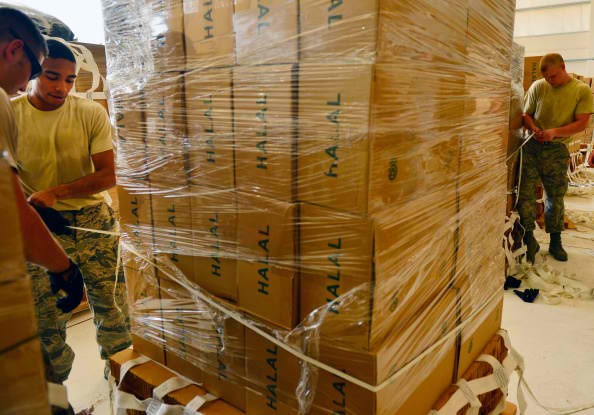Various local governments are giving a meat allowance of 10 yuan to 20 yuan, or $1.50, per Muslim every month.
It is in the Wuhan Province that the meat subsidy program started, at a time when meat prices were on the rise. Other provinces with Muslim groups followed.
At present, the Hui, Uyghur, Kazak, Uzbek and Tajik groups receive this subsidy.
Kou Zhijun, the head of the economic department of the Ethnic and Religious Affairs Committee in Lanzhou, said, "Lanzhou has provided the subsidy since 2015 following other cities, and the policy will continue in the future."
The local government official said that there have been no complaints from non-Muslims. In 2015, about 9,015 Muslims received the 20 yuan per person assistance.
"We have not received any complaints from non-Muslims about the government taking only the interests of ethnic minorities into consideration," Kou added.
However, the national government does not see the importance of legislation on securing the authenticity of the Halal food.
A food item is considered Halal when it follows Islamic dietary standards.
An expert thinks that if more policies on Halal food are enforced, then the government will only strengthen the Islamic religious identity.
Xi Wuyi, an expert on Marxism at the Chinese Academy of Social Sciences, said, "Giving subsidies to Muslims, instead of to ethnic minority groups, might strengthen their religious identity and also their separation from non-Muslims, which will hurt communication and integration between peoples of different ethnic groups."
Administration of Halal food has been globally criticized by food manufacturers as it adds to production cost and licensing. For a food item to be considered Halal, a food manufacturer must seek certification from the Halal International Authority.
Muslim affairs remain to be a sensitive issue in China due to the conflict with the Uyghur ethnic group that resulted in various criminal acts in Xinjiang.
In a report that was released by Amnesty International in 2013, it stated that "Chinese authorities criminalized illegal religious' and separatist' activities and clamped down on peaceful expressions of cultural identity".



























